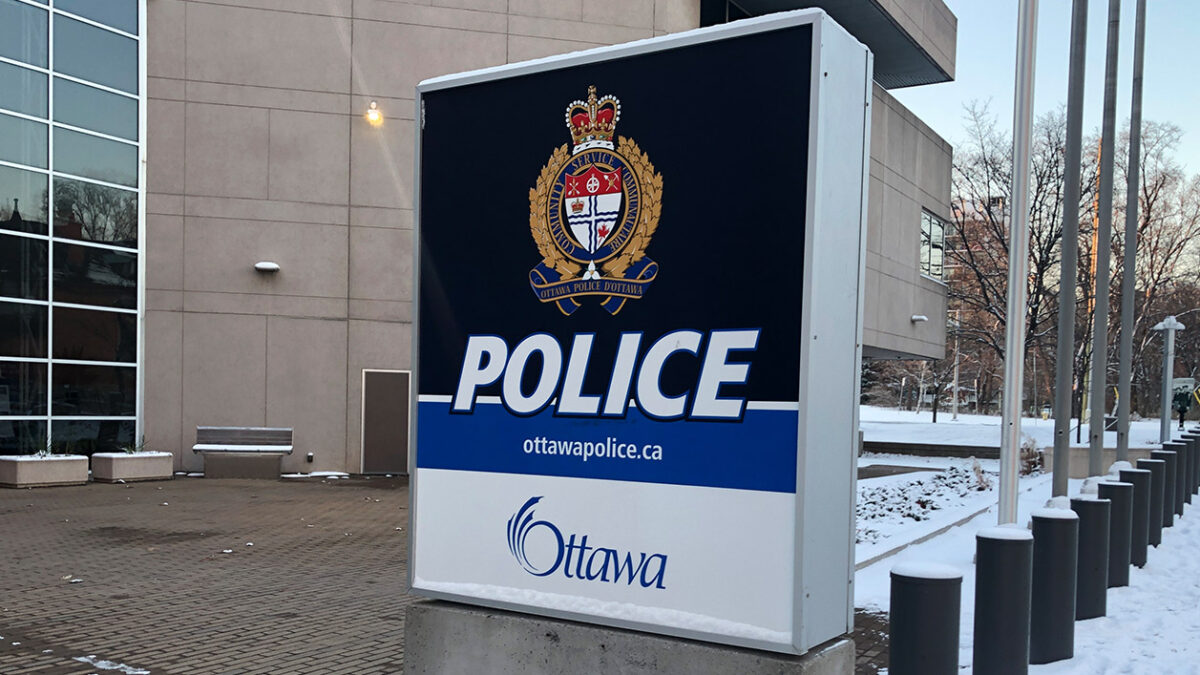Community advocates are calling for more action and “real consequences” for officers after the Ottawa Police Service released a study that showed over a 10-year period Black and Middle Eastern drivers have been stopped by police at disproportionately high rates in Ottawa.
The Traffic Stop Race Data Collection Project (TSRDCP), which was presented to the Ottawa Police Service Board this week, studied 284,721 traffic stops between 2013 and 2023. The findings suggest bias during traffic stops.
Although the report points out Black and Middle Eastern drivers have been treated fairly during traffic stops, they are “more likely to be stopped for reasons of Suspicious Activity and Criminal Offences that reflect racial bias.”
The data shows a decline in the number of stops for Black and Middle Eastern drivers between 2013 and 2018, but that trend changed between 2018 and 2023.
The report found that Middle Eastern drivers were stopped 2.9 times more than expected in 2023, based on their population share, while Black drivers were stopped 2.6 times more.
“I would like to see the next steps where they actually start to penalize police officers for doing this kind of stuff,” said Godlove Ngwafusi, chairman of the Anti-Black Racism Committee of The African Canadian Association of Ottawa.
“Unless there are real consequences, unless the job of police officers who do this kind of stuff is on the line, unless people get fired for being racist, nothing will change.”
Ngwafusi said he has had an experience when he was driving. He was asked to pull over by a police officer.
“He told me your license plate says belongs to a business; you do not look like a man who has a business,” Ngwafusi said, adding that when he asked why he was stopped, the officer did not give a direct reason and then said ‘Your name sounds interesting.’
“This is just one story. They are going to keep on doing that unless there are consequences, or we got to pay the price for that.”
Despite the patterns that indicate racial bias in the findings, the report does not explain the causal relationships that underlie the traffic stops involving Middle Eastern and Black drivers, That will require further study.
Ngwafusi said he believes the argument that police officers do not know the race of the driver before stopping them is problematic. He says he believes the officers knew who was driving or they targeted areas and neighborhoods full of racialized groups.
“In both cases, it is racial profiling,” he added.
The data also found that while drivers perceived to be white are the most likely to be charged, Black drivers are the least likely to be charged.
The OPS says they will create a dedicated 18-month task force to address concerns and will also assign resources to work with the Community Equity Council (CEC).
In an OPS press release, CEC Co-Chair Sahada Alolo says that although the findings are disappointing and may erode people’s trust in the police, she believes it is a journey of change and a chance to rebuild trust.
The TSRDCP is the largest race data study in Canadian policing history, according to the report.
The OPS says that launching this pioneering project is a recognition of “the critical importance of collecting, analyzing and publicly reporting on data related to the race of those with whom police interact to accomplish their goal of eliminating racial bias, promoting equity, fairness, and non-discriminatory police service delivery.”




